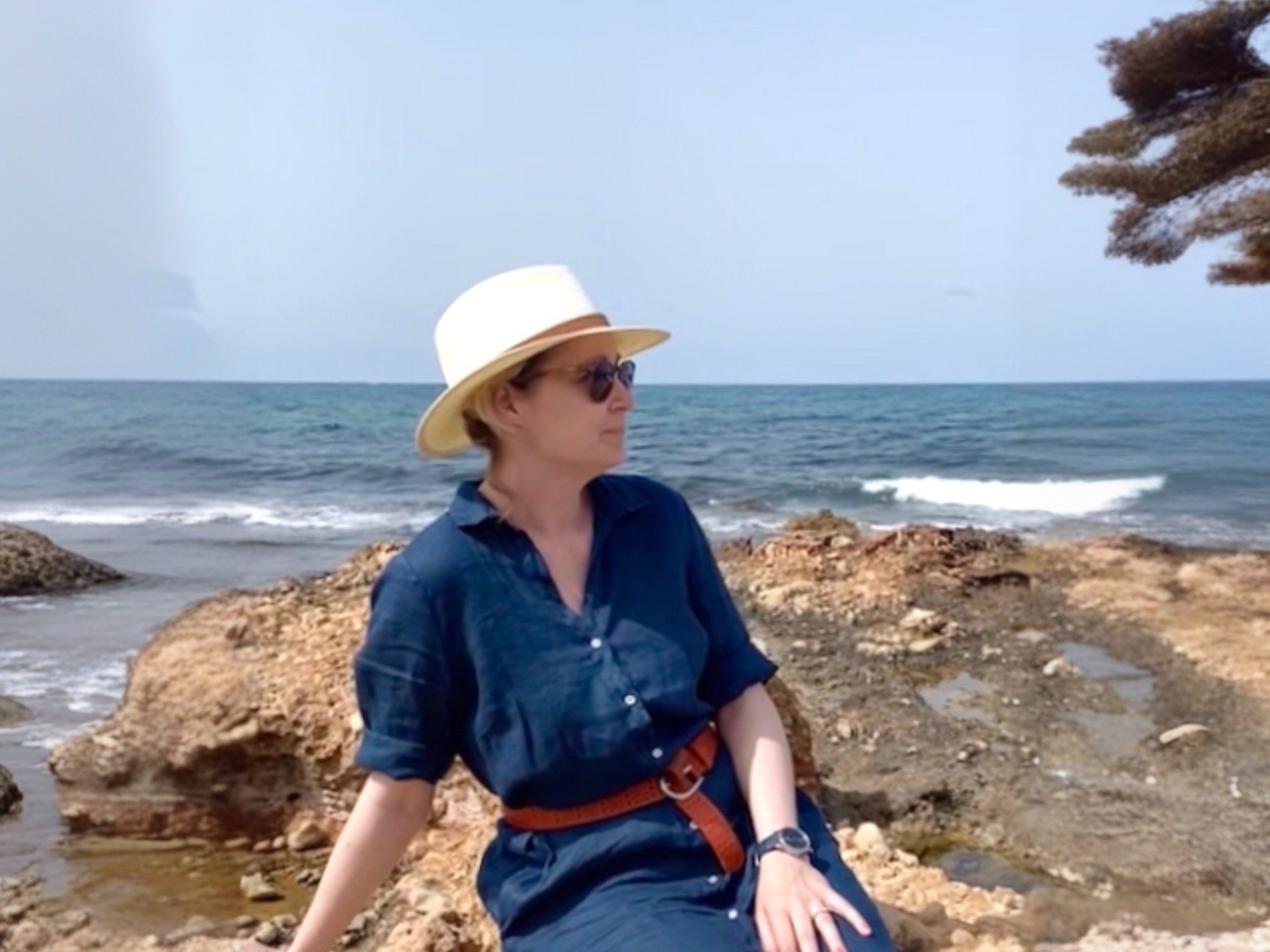How to soften resistance
We can experience resistance to all sorts of things that are going on inside of us or in our surrounding environment. Mindfulness can be an effective tool for reducing negative feelings that may accompany this resistance. Often we are completely unaware of these feelings which can lead us into general patterns like stress, irritability, bodily pain, tiredness, procrastination and overthinking. Can mindfulness help with anxiety? Absolutely!
Mindfulness encourages us to be present in the moment without judgement. Taking a pause to listen to what is going on in our body, or notice how we are affected by what is happening around us, can help us to identify these feelings.
Awareness is the first step to change and mindfulness brings us to awareness by presenting an opportunity to check-in with how we are feeling and where our thoughts and feelings may be coming from. We can then start to ask ourselves if there is anything we can do to control or change what is happening around us. If the answer is no, it helps to soften resistance by practicing letting go. This is why mindfulness is a superpower.
Stop and check-in
Mindfulness can act as a direct antidote to resistance. You may be resisting an event or situation that is happening in your life such as an important exam coming up or hurtful behaviour from a close friend. It may be that you are resisting a physical sensation in your body. Perhaps you are struggling with pain and judging yourself for not being able to push through it or perhaps something in your body raises a concern that you are avoiding thinking about.
In any case, it is important to take a moment to stop and check-in with how you are feeling. All emotions show up as a physical sensation in the body. If we are frustrated or angry, for example, we might be feeling tense in our jaw or a tightness in our stomach. Taking a moment to stop and scan the body for these sensations helps us to connect with our feelings and where they may be coming from. Practicing this daily helps to increase our general awareness.
Letting go and softening resistance
If we cannot change the event or situation that is making us feel stressed or frustrated we can work on letting go and softening our resistance to it. As we focus and become more aware of how resistance is showing up for us, we can visualise this feeling softening with a warm light or ask ourself ‘do I need to let this go?’, or ‘is there anything I can actually change here?’.
Softening our sense of control and trusting that things are going to be ok helps us make clear decisions in how we move forward. It may be that we can do something about it and that letting go of the tension for a moment allows us to more carefully consider effective action. If there is nothing we can do then letting go allows us to soften our resistance to the situation and let go of our need for control. This practice is a great example of how mindfulness changes the brain, our thoughts and behaviour in ways which massively improve the quality of our day-to-day.
Helpful Practices
1. STOP
Take a moment once a day to check-in with your body. What feelings are coming up? Where are you holding tension?
2. Body Scan Meditation
A body scan can be a great way to focus on each part of the body and become more aware of problematic thoughts and feelings. You may wish to listen to a guided meditation or have your own method.
3. Letting Go
Practicing letting go helps to clear out the clutter. Our bodies like to live in patterns and as we continually face challenging feelings they will keep coming back until we truly let them go. So using techniques like questioning or visualisations on a daily basis can help us to reach this point. Letting go of difficult feelings clears space in our mind to allow positive change into our lives.
🌱
I hope this is helpful. If you have any questions or would like to find out more about 1:1 mindfulness coaching with me, feel free to book a call to get the conversation started. I’d love to answer your questions.
Much love,
Kate x




